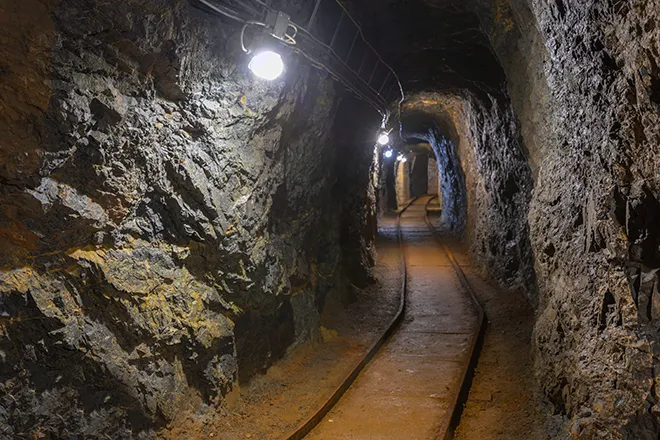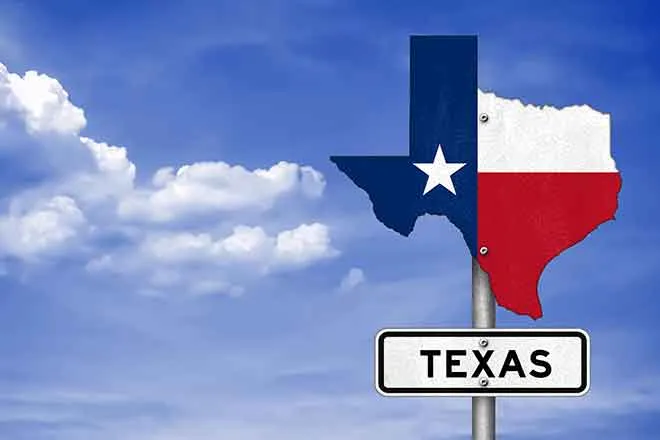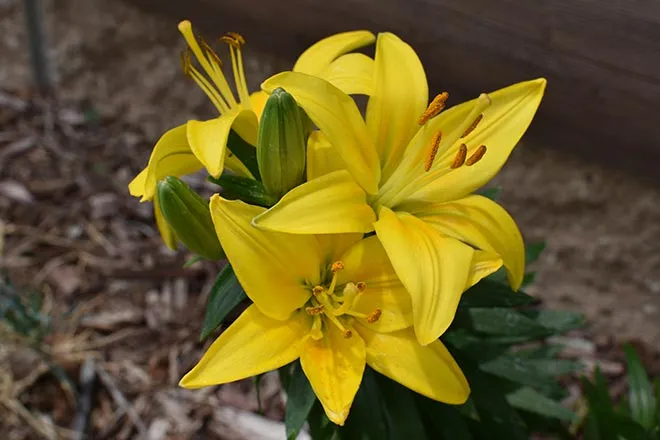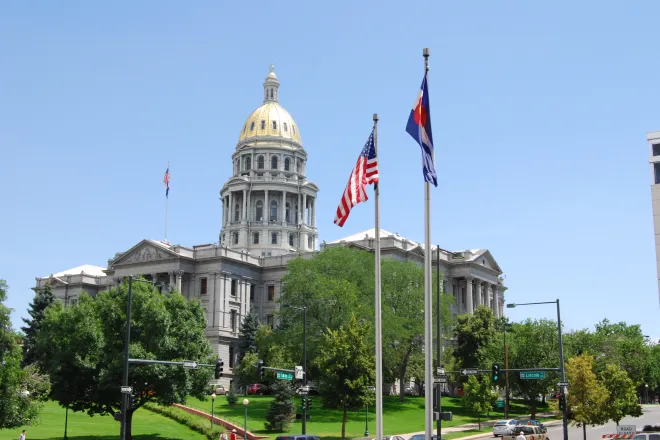
Another energy project in Utah approved with expansion of oil train facility
The Trump administration has approved another project in Utah under the president’s national energy emergency declaration, green-lighting the expansion of a facility in Carbon County that will allow for increased oil exports.
Once it’s completed, the Wildcat Loadout Facility in Helper will be able to load about 100,000 barrels of Uintah Basin oil each day to be shipped via train to refineries in Texas and Louisiana.
The Bureau of Land Management, or BLM, approved the proposal from Coal Energy Group 2 LLC on July 3 to expand the facility. The proposal includes adding more loading and unloading areas, a tank farm (a site with above-ground tanks to store oil), loading systems and other “related facilities to increase project capacity to transload oil,” according to the BLM.

The proposal was approved under an accelerated, 14-day environmental review process, part of President Donald Trump’s national energy emergency order declared in January. Using the same process, the administration approved a new uranium mine in southern Utah in May, the first project to be approved under the new guidelines.
The new review expedites a process that in the past has sometimes taken years, and sidesteps public comment.
Coal Energy Group 2 currently holds a BLM right of way on the 270-acre site, which was issued in 1982 to load coal onto railway cars. But in recent years the site has been used predominantly to load oil, with the coal facilities sitting idle since 2016, according to the BLM.
The company has tried to expand the site for several years, first applying in 2023. That application was met with opposition from environmental groups and politicians, including Colorado Senator Michael Bennet and Representative Joe Neguse, both Democrats, who penned a letter to the BLM urging them to prepare a broader environmental review.
Both lawmakers remain opposed to the project, calling it “profoundly flawed” in a June 23 statement.
“There is no credible energy emergency to justify bypassing public involvement and environmental safeguards. The United States is currently producing more oil and gas than any country in the world,” the statement reads.
Meanwhile, Colorado Attorney General Phil Weiser’s office told Colorado Newsline it is considering joining a lawsuit challenging the president’s energy emergency declaration.
Other groups criticized the decision last week, calling it rushed and warning of environmental risks.
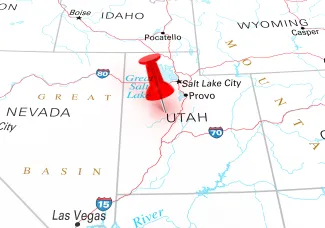
“There is no energy emergency, plain and simple. Hidden behind a shroud of secrecy, the BLM has rushed through its approval of this massive oil shipping expansion project,” said Landon Newell, a staff attorney with the Southern Utah Wilderness Alliance. “This thinly analyzed decision threatens the lifeblood of the American Southwest by authorizing the transport of more than one billion gallons annually of additional oil on railcars traveling alongside the Colorado River. Any derailment and oil spill would have a devastating impact on the Colorado River and the communities and ecosystems that rely upon it.”
“The Trump administration’s refusal to hear community concerns about oil spill risks is pure hubris. Local communities know better than D.C. bureaucrats how this dangerous increase in oil trucking and rail traffic will affect their health and safety,” added Wendy Park with the Center for Biological Diversity. “This fast-tracked review breezed past vital protections for clean air, public safety and endangered species.”
The expansion would take place on 30 acres of “previously disturbed lands” (meaning they’ve been altered in some way) within the 270 acre site, according to the BLM analysis.
Trucks currently bring in oil from the Uinta Basin to the Helper site — the BLM estimates there are 77 truck deliveries at the site per day. The expansion would result in an additional 345 deliveries each day, according to the BLM’s analysis. The facility could now be able to load about 100,000 barrels of crude oil daily, which would be transported to refineries along the Gulf Coast.
The BLM acknowledged in its analysis that the project’s expansion wouldn’t actually mean more oil production in Utah.
According to the agency, Utah is already under-producing — as of February, the state produces about 182,000 barrels of crude oil each day, despite having a higher capacity.
The BLM’s analysis states that Salt Lake City’s refineries can only process 80,000 barrels of waxy crude oil (the kind of oil that is largely produced in the Uinta Basin) each day. Additionally, Carbon County can currently load about 180,000 barrels onto railway cars per day, according to the BLM.
“Therefore, crude oil export capacity currently exceeds crude oil production for the entire state of Utah,” the BLM’s analysis reads. “In other words, a BLM decision to authorize the Wildcat Loadout Facility expansion will not necessarily increase crude oil production in the Uinta Basin (which hinges on overall market forces). Instead, so long as the price of crude oil remains low, production in the Uinta Basin will likely remain static.”
Expanding the facility will still shift where the loading occurs, the BLM analysis reads, “by providing a more convenient location to transfer crude oil from trucks to rail cars.”
“Responsible energy development plays a key role in supporting local communities and national priorities,” said BLM Green River District Manager Elijah Waters in a news release. “This project reflects our commitment to advancing critical infrastructure while ensuring careful stewardship of Utah’s public lands.”



